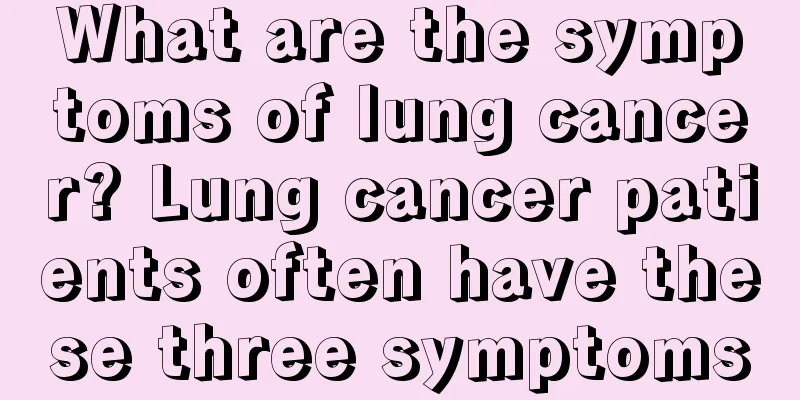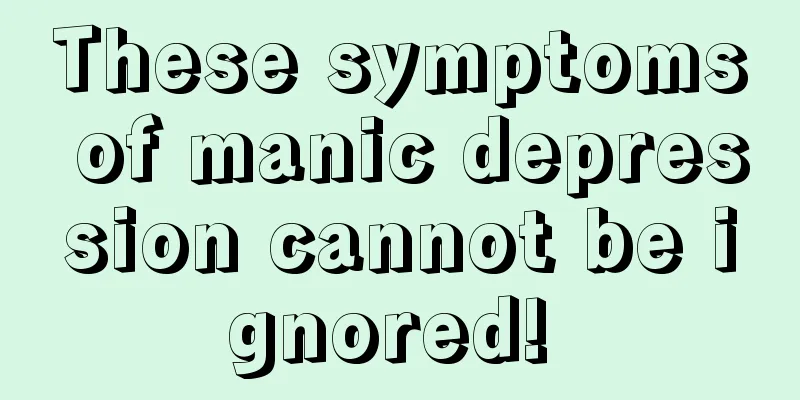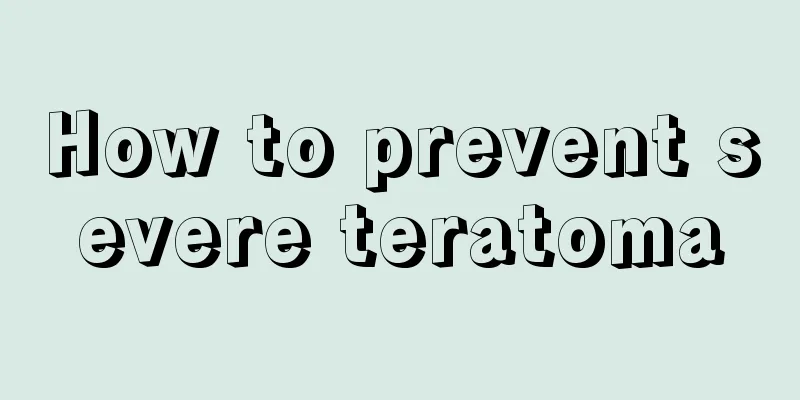What's wrong with chest pain when breathing

|
When there is pain in the chest, we should find out the cause and then improve it. So what causes chest pain when breathing? Pain during breathing should be considered as a musculoskeletal pain phenomenon on the one hand, and attention should also be paid to the occurrence of pleurisy on the other hand. If it is just muscle pain, it is relatively easy to treat, but if it is inflammation, you need to use medication to reduce inflammation. Of course, you cannot take medication blindly, you need to listen to the doctor's advice. 1. Differential diagnosis of chest pain during inspiration 1. Chest pain may be caused by anxiety. The characteristic symptoms are that patients claim that the pain lasts for hours, days, years, or even more than ten years. The pain may occur anywhere in the chest, and patients usually feel chest tightness. The patient begins to feel chest discomfort when he is at rest, such as sitting, lying down or not working, but not when he is working or exercising. 2. Chest pain during inhalation is one of the clinical manifestations of chest wall pain. Chest wall pain is also known as musculoskeletal pain. When it comes to chest wall pain, the pain is concentrated in one point and the patient can point it out clearly. The pain does not last long, usually only one or two seconds each time, and there is a chance of recurrence. The patient experiences stabbing or even severe pain in the chest when taking a deep breath, coughing, sneezing or turning around. The pain may be more severe than chest pain caused by other diseases, but most cases improve within a few days to two or three weeks. Differential diagnosis of chest pain during exhalation Pleurisy, also known as pleurisy, is an inflammation of the pleura. The most common symptom of pleurisy is chest pain. Chest pain often occurs suddenly and can vary greatly in severity, from vague discomfort to severe stabbing pain. It may only occur when the patient takes a deep breath or coughs, or it may be persistent and aggravated by deep breathing or coughing. 3. Treatment Methods 1. The inflamed area will heal on its own without taking any medication. A doctor may prescribe analgesics and anti-inflammatory drugs (such as ibuprofen). 2. If the ribs are broken, you can only wait for the wound to heal on its own. 3. There is no need to take antibiotics because they have no effect on viruses. 4. Insist on participating in personal physical examination activities organized by the unit and seek medical treatment in time if any disease is found. |
>>: Causes of waist muscle pain
Recommend
How to recover from tendon strain
When tendon strain occurs, you must pay attention...
Can pancreatic function be restored
Most people only know that diabetes is a serious ...
How long does it take for the heart to recover after radiofrequency ablation?
Arrhythmia is a very common disease in normal tim...
What are the causative factors of liver cancer? The formation of liver cancer is related to three factors
China is a country with a high incidence of hepat...
High incidence of colorectal cancer is also hereditary
Oncologists say that the occurrence of colorectal...
Is skin cancer fatal?
Skin cancer can be fatal, but it depends on the t...
The efficacy and function of yellow peel fruit
Kumquat is a common fruit among us. Kumquat is no...
Pay attention to these four points when planning your diet for colon cancer
Colon cancer is a chronic disease that requires l...
What are the dietary treatments for primary liver cancer
In recent years, liver cancer has become one of t...
What is liver cancer MR
What is liver cancer mr? 1. Liver cancer is a ver...
What is the best treatment for colon cancer
How to scientifically treat patients with colon c...
What to do if you have a splitting headache? Special method to treat headache
Headache is a normal phenomenon. Generally speaki...
How to lure out the centipede?
When a centipede suddenly appears in the house, i...
How to avoid air-conditioning disease
In the summer, most people want to live with air ...
Is there any relationship between lung capacity and running
There are many reasons for the good or bad lung c...









